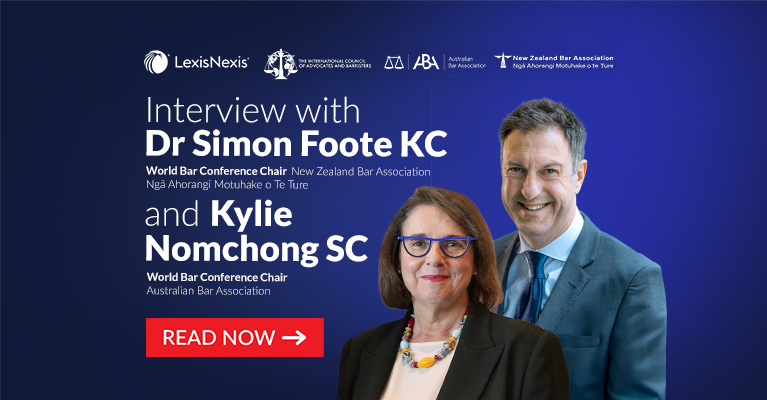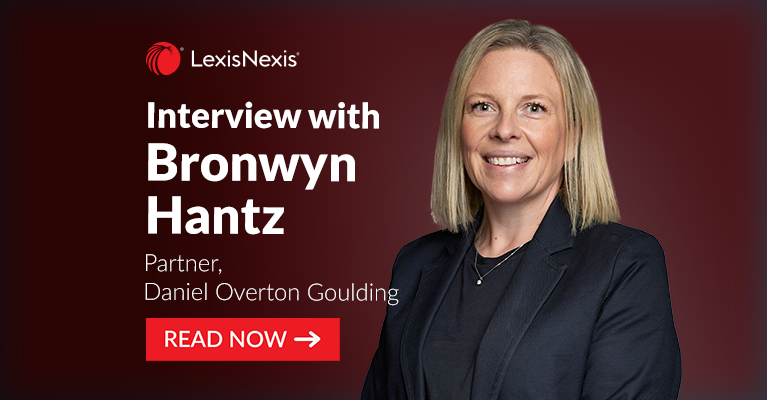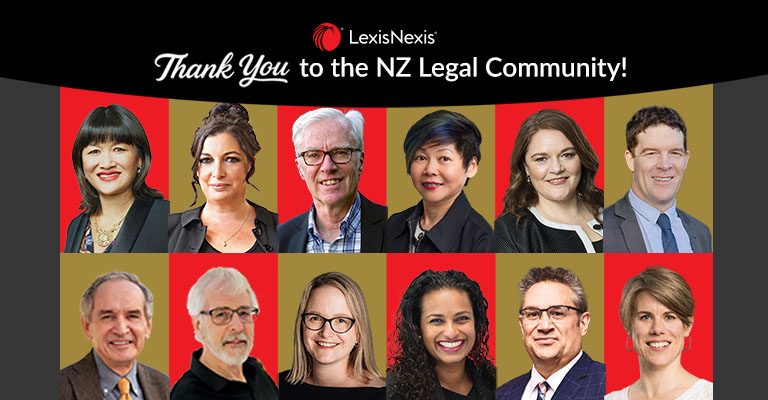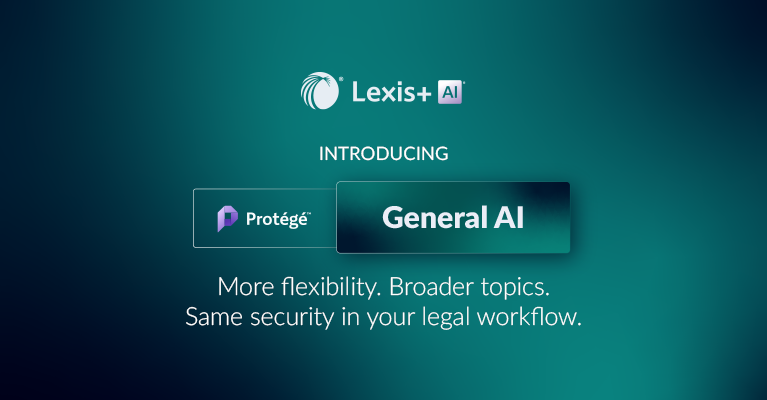Summary When executive power goes unchecked A chance for solidarity among common law jurisdictions New Zealand at the forefront Beyond the minutiae The human connection Creating environments...
Summary The empathy advantage From server to cloud Competing with larger machines The Ferrari and the potholes The enduring powers problem The constant foundation Originally published...
Summary The year legal AI became real Voices shaping the profession A year worth remembering Contributors 2025 There's a curious phenomenon about how we experience time. When our days are...
Summary The problem with platform hopping How the models differ Security without compromise Beyond legal research The speed of adoption Originally published by NZ Lawyer . Republished...
Summary Introducing Protégé General AI General AI Models Available in Protégé for New Zealand Legal Workflows Practical Use Cases for Lawyers But as AI becomes more common in legal practice...
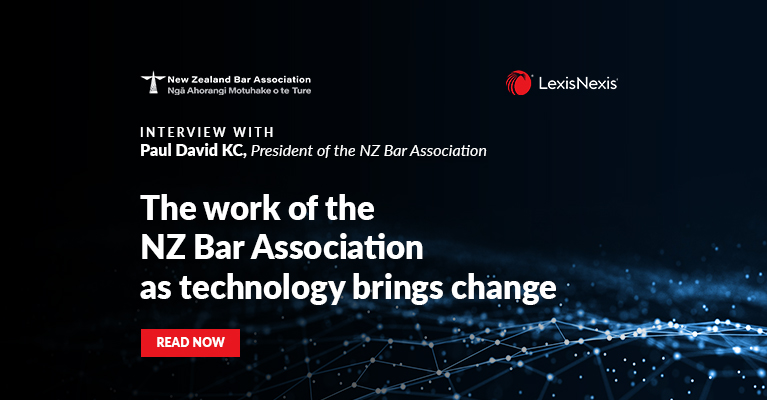
Summary
Originally published by NZ Lawyer. Republished with permission.
Not so long ago, legal proceedings involved the exchange and filing of written pleadings followed by largely oral process with a judge giving a decision at the end of the hearing. This now feels like ancient history, according to Paul David KC. Technology has transformed legal practice in Paul’s time in practice and it is now changing at much greater speed with the rapid development of computer learning systems.
But the aim of a barrister’s work remains the same – to advise and represent litigants before our courts so that justice is administered fairly and effectively. The tools available may now be different but the work to be done with them is the same.
The Association represents barristers, and it aims to do all it can to help its members perform excellently and thrive in their roles in the justice system. Accessing and using the available technology well is central to this.
"We have significant issues in access to justice in the New Zealand system, and we have to work together to improve it," David tells NZ Lawyer.
“For NZBA, our planning is driven by what our barrister members who practice law in our courts and tribunals need to do their work. Our aim is to provide them with largely free training and education to do their jobs more effectively in the system; and to work with the court system and all involved in running it to improve its operation.”
AI – more opportunity than risk?
David acknowledges that the rapid development of AI is bringing great changes and both opportunity and risk for legal practice.
“It’s a huge challenge to use the technology well, and we’re really just beginning to learn how to do that,” David explains.
“We have all seen the rulings in the courts around the world where lawyers have misused AI and got into trouble. The underlying obligations of barristers have always been clear and simple – of course you can’t mislead the court if you are working as an officer of the system. If you use a tool to do some of your work, you need to check that the results are sound.”
This might be described as the "the scary side" of AI adoption. But the stories that make for good headlines risk obscuring the obvious benefits.
The new tools seem to have great potential to assist in legal practice but working out what works best and learning how to use it is the real challenge.
“It can be harder for barristers to choose and use new technology because they’re in smaller groups and practice as individuals,” he notes. “The Bar can really benefit from the new technology, but the challenge is to find the time to assess what the best tools are and learn how to use them. There seems little doubt that the new learning systems will transform practice and the delivery of justice.”
David adds that organisations like the NZBA have a significant role to play in providing assistance and training with help from partners like LexisNexis.
“For many lawyers the use of AI systems is likely to be, initially at least, in summarizing large amounts of documentary material,” David says.
“Beyond that, it seems that inevitably AI will be used in some aspects of predictive decision making. This is the area where we should be more cautious. Many lawyers will already have had the experience of clients evaluating cases using technology, with some evaluations perhaps not being quite right. We need to be aware of the limits of the tools and clearly identify the situations where human judgment must be applied to decide on a matter.”
Several AI platforms have been launched recently, including Lexis+ AI by LexisNexis. The Bar Association recommends that barristers investigate the options carefully to decide which is the most accurate and suited to their work This should be decided on the performance in such areas as the platform’s ability to review and summarise large amounts of documents, to assist with drafting oral presentations, and in analysing documents and extracting key points. Confidence in AI systems will grow as they produce authoritative summaries of relevant legal and factual argument while preserving confidentiality and keeping data secure and compliant.
The sheer volume of material
The transformation of legal practice goes back long before ChatGPT. Over the span of David's career, he has seen the work of barristers undergo profound change. This has seen largely oral process replaced with the exhaustive production of documentation that now dominates courtrooms (whether in paper or digital form).
One of the consequences is that written documents such as legal submissions are expected to be extensive, and this can make it difficult for barristers to present the essential aspects of a case with relative brevity. Lawyers and judges may have come to believe if a document is not long then it cannot be good! That if something is presented orally it carries less weight!
“I’ve seen a radical change and not all for the good,” David notes. “Sometimes, I think it would be nice to go back and reduce documentary material and insist on oral presentation of submissions following a short, written outline.”
“It is now relatively easy to produce long documents using the various tools at our disposal. The product may not actually be that good, but it will usually look very impressive. This facility of production can make things harder not easier for everyone. Often what a case might need is less than 10 pages (may be even two pages) that are on point and good – something that is in fact harder to produce.” he adds. “The sheer volume and length of written documents makes it harder for lawyers and judges to do their jobs effectively and in good time. Written submissions are certainly a significant benefit in summarising legal and factual argument, but much greater discipline needs to be applied in producing them. Technology used properly can help with this."
There are no easy solutions, but David sees the hard work at the start of any dispute as essential to the concise presentation of the issues involved. Effective presentation can only be developed from a strong understanding of the case from the start. This lines up with the requirements under the new High Court rules for civil proceedings that will come into force in 2026 and with the re-establishment of a dedicated list for Commercial cases in Auckland which it is hoped will allow for more speedy determination of commercial disputes. Once you’ve worked out what the case is about, pursue the relevant points diligently through the court process,” he says. “A lot depends on early preparation and early assessment. This offers the best chance of a case being presented succinctly and effectively without undue delay if it has to go to court.
Building excellence through community
The prospect of working independently draws people to become barristers and barristers really value this independence; but with the challenges of modern legal practice, the Association believes it is very important for its members to meet and learn from each other. The Association offers regular opportunities to do this. David remembers fondly how much he learned as a young barrister from simply listening to more experienced barristers talk about the work and the issues that arise.
The NZBA annual conference is set for September 5-6, 2025 and will cover a broad range of topics including ethical duties, directors’ duties, employment law and prisoners’ rights.
“It’s central for us that we have an annual meeting,” David says. “There are some great topics at the conference every year, but perhaps the most important part for me is to get barristers together from all stages and all areas of legal practice and discuss how we practice, and the issues we face.
The NZBA is also organising the Access to Justice Award, sponsored by LexisNexis. The award recognises New Zealanders who have made “outstanding contributions to the promotion of access to justice”, and past winners have included Frances Joychild KC, Dr Bridgette Toy-Cronin, John Goddard (special commendation), and Annette Te Imaima Sykes.
NZBA executive director Jacqui Thompson says she is “delighted” to see the Award growing in stature, and notes that LexisNexis, as the Award partner, has played a vital role in the NZBA’s activities in this area.
“I’d also like to thank our partner LexisNexis for participating in our education scheme,” Thompson says. “I remember one of our very first AI webinars, where the speaker explained AI in very simple terms and went through how it’s going to affect barristers. The contribution is not commercial, it’s always been about education and helping members out, and we really appreciate that.
David ends by saying that the NZBA’s core aim remains to promote excellent performance by barristers, and this means offering as much support and resources as possible at little to no cost to all.
“If you want to be good at this job, you need practical experience but at every stage of practice you need keen commitment to do the job well and to keep improving by self- reflection and with regular training.” he says.
“I think that if you belong to the Association, you are part of a group that is dedicated to the craft of being an advocate before our courts and tribunals; you will have the satisfaction of working independently in a vital role in the administration of justice but you will also have the support required to develop your skills and practice. ”
The New Zealand Bar Association | Ngā Ahorangi Motuhake o te Ture (NZBA) is a membership organisation for barristers, providing member barristers with training, collegial events, networking opportunities, advice about practising at the bar and member benefits.
Lexis+ AI® with Protégé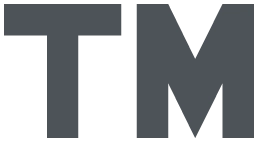 a personalised legal AI designed to help you make informed decisions faster and transform your legal work – has now launched in New Zealand and is available to legal professionals across the country. Book your free demo by submitting the form below:.
a personalised legal AI designed to help you make informed decisions faster and transform your legal work – has now launched in New Zealand and is available to legal professionals across the country. Book your free demo by submitting the form below:.

